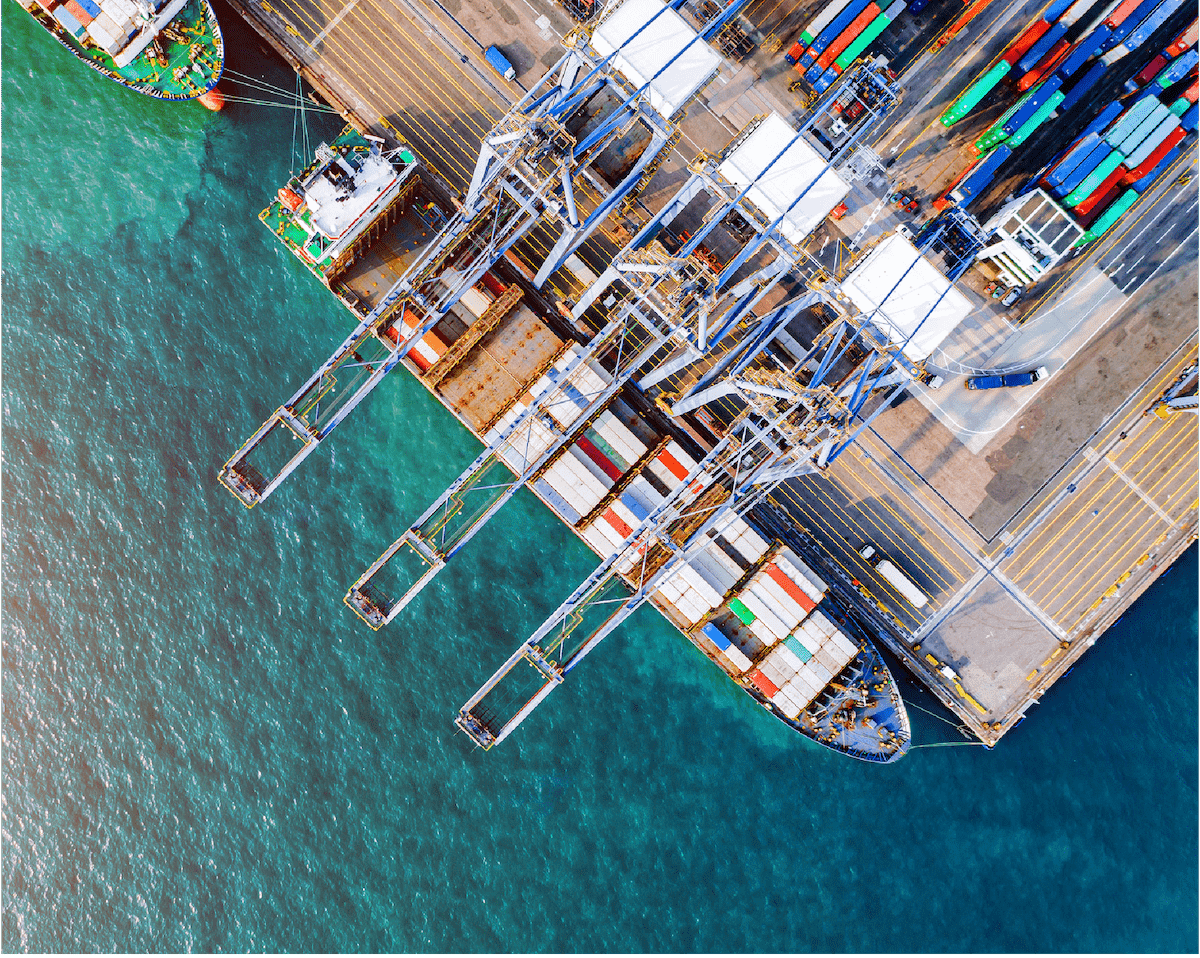The following instructions will assist you in the event of marine cargo claims. Many of these instructions are specific to Roanoke partners and clients.
Before a claim – document the conditions of the cargo upon delivery. Make clear exceptions on the delivery receipt noting any loss or damage to the cargo and/or the packaging and/or containers and advise your clients to do same. Take pictures-photographs and other documentation will be very helpful as evidence.
Minimize the loss – immediately protect the cargo from any further loss or damage. Here are best practices for this process:
- Separate wet cargo from dry cargo
- Repack all cargo to prevent further loss or damage
- Move goods to a secure location *Important:* The Sue and Labor Clause of your Cargo Policy requires the cargo owner to take reasonable measures to protect the insured property from further loss by an insured peril. Costs or expenses incurred by the cargo owner in doing this are payable under the Sue and Labor Clause. Failure to prevent further damage can result in costs of a marine cargo claim falling beyond coverage of your Cargo Policy.
Preserve all packing, damaged goods and seals until advised otherwise by Roanoke Claims.
Notify Roanoke Claims immediately after you receive damaged cargo and need to file a marine cargo claim. Here is the appropriate process for notification:.
- Log-on to the CoverageDock™ system and select Report a Loss from the Claims menu. Complete the fields on the screen and click Submit. Attach as much claim documentation as possible. For details, access the User Guide from the CoverageDock Support menu.
- If you do not have a login for CoverageDock, go to www.coveragedock.com and click Report a Loss on the left side of the screen. However, using this method will not recognize your profile by username and password so it will not pre-fill default information about your company, and contact information, etc.
- If you prefer, you may use the First Report of Cargo Claim form instead of CoverageDock. You may also submit a letter that includes the certificate and policy numbers, estimated loss amount, description of loss or damage and required supporting documents.
Contact a surveyor to assess the loss/damage immediately. See the back of your Cargo Insurance Certificate or ask Roanoke Claims for the contact information of the appropriate surveying agent. Note: surveyors are neither settling agents nor are affiliated with the insurance company. They are independents who report the facts to the insurance company and have the responsibility for determining the amount of the loss. Usually the insurance company will pay surveyors directly for their services. In situations when a surveyor requires up-front payment to investigate a valid marine cargo claim, the insurance company will reimburse the claimant. Note: It is advisable to first consider whether the estimated loss warrants the cost of a survey. Contact Roanoke Claims and we will assist you in making this determination.
You must file a formal notice of claim against the carrier. If more than one carrier is involved, a claim must be filed against each. You can access a sample Claims Against Carrier Letter here.
- Your marine cargo claim letter should be faxed to the carrier on your business letterhead, with a hard copy to follow by mail.
- A date, carrier and their address must be shown on the letter.
- If the claim amount is unknown, claim the full invoice value.
- You must put the carrier on notice in writing to protect the insurance company’s subrogation rights.
There are statutes of limitation to notify the carrier of loss, damage or non-delivery. These time limitations are specific to the method of shipping. Refer to the following table for time limitations. Always refer to a carrier’s Bill of Lading, tariff or other Terms and Conditions for specific limits of liability.
| Typical Time Limitations for Filing a Claim Against the Carrier |
| Ocean (Marine) |
3 days from the date of delivery. There must be written notice that raises a presumption of carrier responsibility. |
| International Air |
7 days from time of delivery, for visible damage.* 14 days from time of delivery, for concealed/hidden damage.* 120 days from the date goods should have been delivered for non-delivery. *Time limits for countries of destination that have accepted Montreal Protocol 4: 14 days and 21 days respectively. |
| Interstate Rail and Truck Carriers |
9 months from the date of delivery. It must be a formal written claim and must include a demand for payment of a specific amount. |
| Local Truck and Air Carriers |
Time frames for reporting these claims are dictated by State Law and therefore may vary. |
Retain all copies of the shipping documents. Generally, the following documents will be required to settle a claim. Fax or email these documents immediately to your Roanoke claims service office so as not to delay the claims settlement process.
| Shipping Documents Necessary to Submit Claim |
| Proof of Insurance—Declaration Form or Original Certificate |
| Commercial Invoice(s) |
| Non-Negotiable Copy of Bill(s) of Lading or Air Waybill(s) (front & back) |
| Claim Statement (an itemization of loss/damage claimed) |
| Copy of Letter(s) to Carrier(s) giving Notice of Claim |
| Carrier’s Reply(s) (if any) |
| Delivery Receipts with Exceptions Noted |
| Survey Report (when applicable) |
| Packing List(s) |
| Repair Estimates (when applicable) |
1Depending upon specific claim circumstances, the surveyor or insurance company may need to see additional documents. If this is necessary, you will be notified.
You can also find these guidelines on a marine cargo claim as a printable download here.







